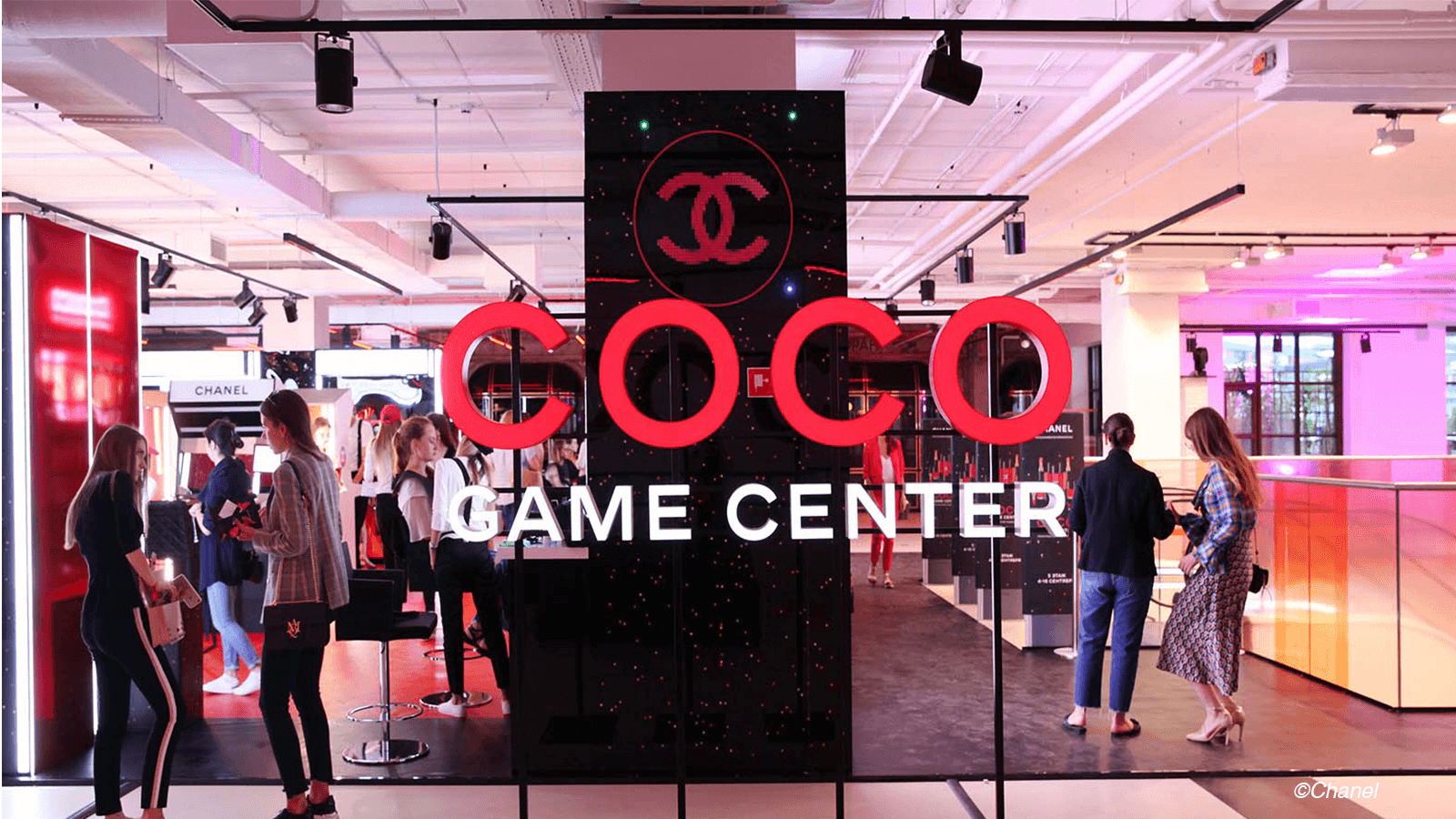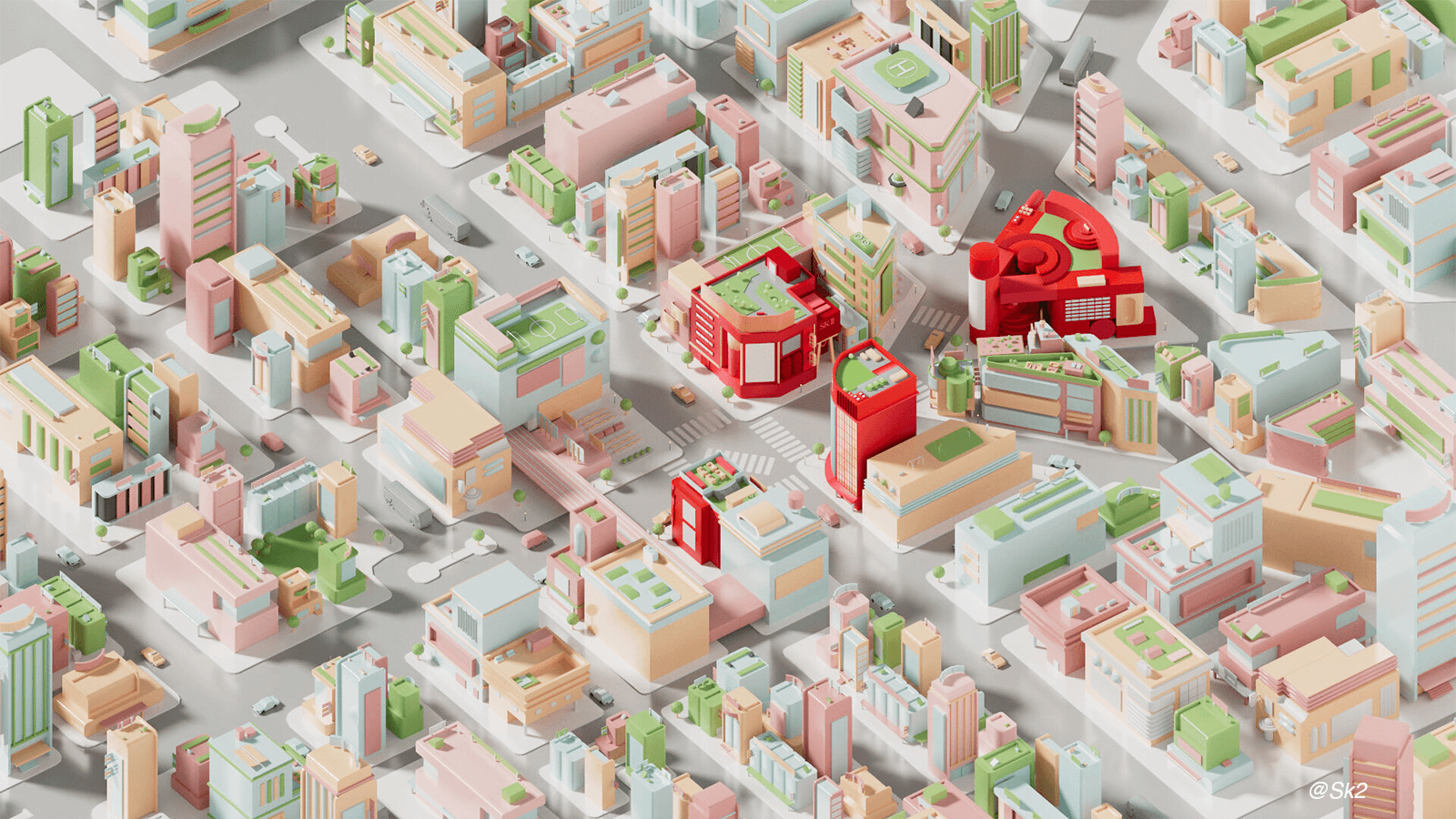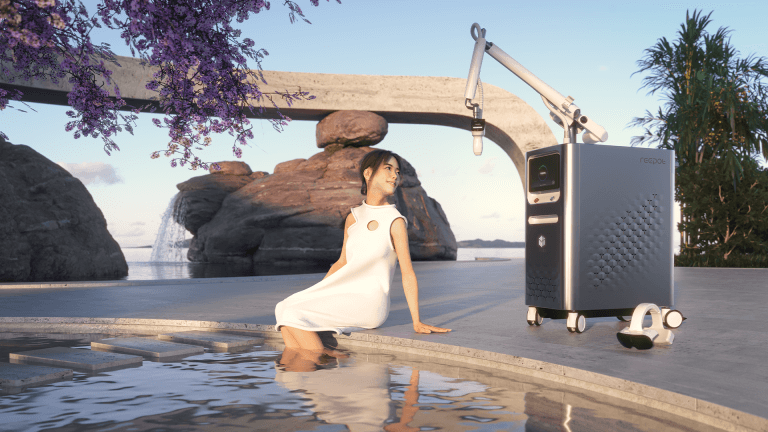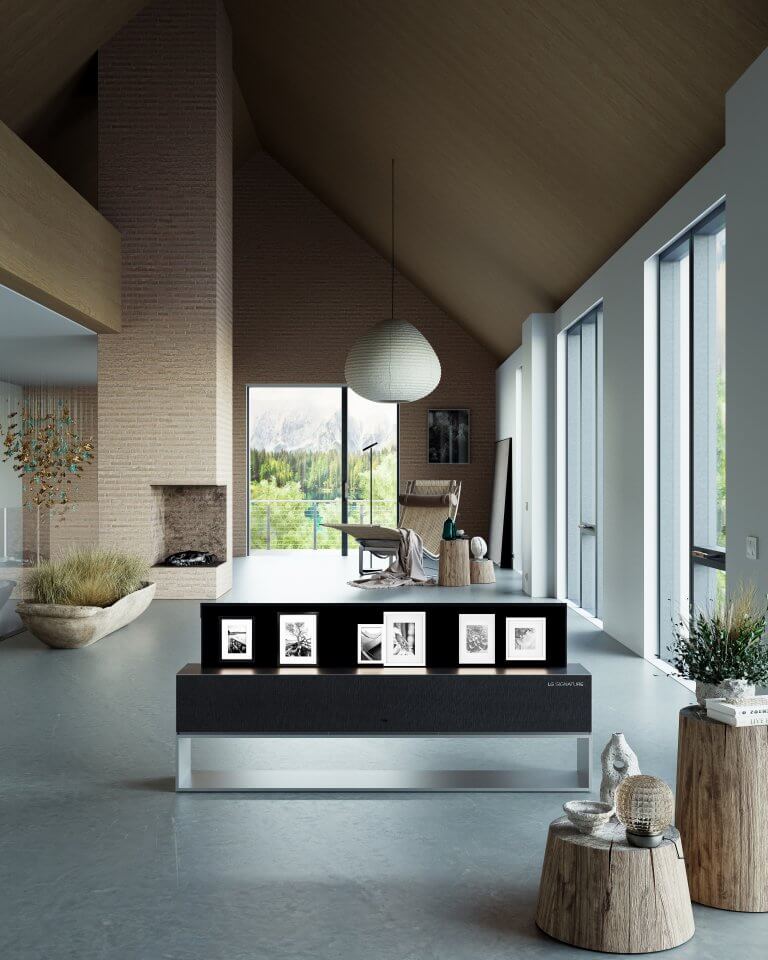Gamification has become a buzzword in the retail industry in recent years. From teenager’s obsession, it has transformed itself as a passionate tool used by many brands. It has successfully made its way to the top marketing method which attracts and retains consumers, thereby boosting both awareness and sales.
From the turn of the century, where products were in surplus and consumers’ attention was in deficit, marketers tried and tested many methods to turn the eyeballs of users to their brands. At the same time, another sector was blooming quietly in the rooms of consumers- the gaming industry. The intersection of these two diverse sectors is the result of one such experiment.
Today, there are more than 2.69 billion gamers in the world who are equally potential consumers for brands. To tap into this domain, businesses have been adding games in their retail, providing a better shopping experience for consumers.
Explore more about Virtual Spaces in our FREE guide below.
Download the Guide
What is Gamification in Retail?
The process of adding game elements into areas where it isn’t usual is called gamification. When brands add games into sales strategy, it can be called gamified retail. The addition of games into retail translates into funny, meaningful, and interactive experiences for consumers. This prompts them to forge loyalty with the brands and act as gateways for Word of Mouth (WOM). Overall their shopping experience improves by many notches.
The success of including games in marketing is quite significant. The major driving force behind it is the exciting experiences consumers achieve by playing and shopping simultaneously.
Experience as the Main Character
The 21st-century buyers are shifting from tangible products to intangible experiences when it comes to consumption. While product features and innovation still rule consumers’ decisions, shopping experiences are gaining a foothold in it. When they encounter memorable, funny, and engaging experiences, they are more likely to remember them. Not only that, they label those brands as trustworthy and recommend them to their social circle.
Also, better shopping experiences are counter-effective in improving the attention spans of customers. Therefore, many retail brands in fashion, food, and technology implement games with experience as the main lead.

Major personal luxury brands like Chanel are including games in their marketing to lure the growing gaming audience.
Top Reasons of Including Gamification in Retail
Psychological Wiring
Human beings are wired to be competitive. It can be traced back to evolution where competitive beings, motivated by rewards, survived in the wild. Marketers use the same competitive drive in games that attract customers. As it is a natural tendency of humans, no consumer can escape this winning retail tactic.
Novelty Magnets
Gamification ideas like loyalty cards, purchase rewards in new industries spike curiosity in consumers. They act like novelty magnets, attracting buyers and motivating them to upgrade to the next levels through shopping.
Technological Support
Previously the process of gamification in retail was time-consuming and expensive. With improvements in technology, brands can now flawlessly add games to their websites and personalized apps. 3D technologies like Augmented reality enhance consumers’ experience and give more insights into brands.
Increased Interaction
Everyone knows that games are additives. Once prospective buyers engage in them, there’s no going back. They continue as they shop and this increases their exposure to brands. As a result, these long interactions help brands get enough information about their target audience.
Data Collection
When customers engage in games crafted by brands, lots of valuable data accumulates. Businesses can read into it and make out meaningful patterns and preferences from it. This helps them to design their next hit product, marketing campaigns and add fine-tuning to existing games.
Brand Perception
Due to the overabundance of brands, consumers are facing the paradox of choice. They are often frustrated with unlimited similar brands and end up shopping with none of them. To prevent this, brands can innovatively stand out from the rest by using gamification. A clear distinctive perception forms in the consumers’ minds.
Get your own Virtual Space by downloading our FREE guide below.
Download the Guide

Gamification in retail provides sales benefits to brands and buying satisfaction to consumers.
Types of Games in Retail
Rewards Points
The most commonly used gamification tactic in retail is reward point systems. When buyers purchase something, reward points are added to their accounts. Upon significant accumulation, they use those points to buy products at cheaper prices or get free goodies in return.
Loyalty Cards
Based on point-based systems, brands can now offer loyalty cards to their best buyers. When they reach a certain number of points, they reward them with loyalty cards that have special benefits to the customer. This not only motivates the consumer but also makes them feel good by being a valued member of the brand.
Fun Recommendations
Brands can create interesting product recommendations based on prospective buyers’ names, ages, gender, preferences, and other funny inputs like pets, favorite flowers, and many more. This not only intrigues consumers but also adds a touch of personalization to the recommendations.
Product Quizzes
When businesses create absorbing quizzes about their products, consumers involve deeply. They not only learn about products in a compelling and easy way but also enjoy the quick quizzes.
Customer Avatars
As online retail grows in size, users can now create their personalized characters to shop digitally. These avatars can be purchased from the brand and gain points in return. Consumers can either use these points to redeem certain offers or link them to their loyalty cards.
The Future: Games to drive Shopping
A new form of renaissance is taking place in the world of retailing. Compelling advertisements or discounts no more boost sales or engagement. The trendiest way to drive consumers to shop now and in the future is by gamification. If you want to create a digital environment for your game, join in with us today.
Learn more about gamification in virtual spaces in our detailed FREE guide below.
Download the Guide
For project inquiries e-mail us at [email protected]
For press inquiries e-mail us at [email protected]

